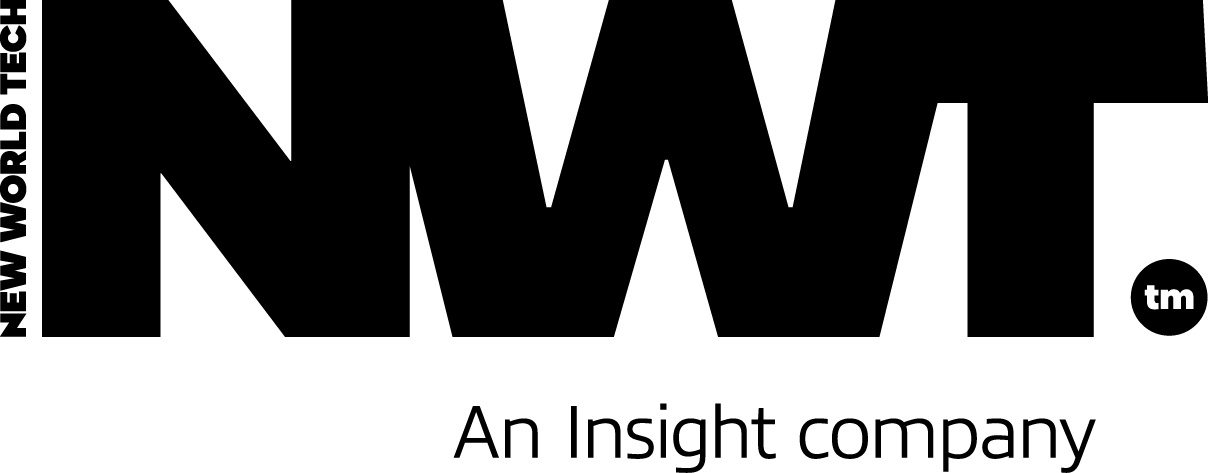AI AND POLITICS – OUR INSIGHTS FROM THE AI SAFETY SUMMIT 2023
At the beginning of November, the first-ever AI Safety Summit took place in the historical setting of Bletchley Park. On this site, Alan Turing and his team cracked the Nazi Enigma code during World War II. Furthermore, at Bletchley, the first ever majority female workforce acted during the war. This workforce called the Wrens, performed a key role in operating the computers used for code-breaking.
The Summit brought together global leaders from 28 different countries to grapple with the theme of AI Risks and Governance. We at NWT closely followed the outcomes of the summit. Although no concrete regulations emerged, it was a pivotal moment, highlighting the need for global corporations for AI adoption in all sectors. Let’s explore the key AI takeaways for other organisations (including us at NWT) in their integration of this transformative technology.
1. Risk, Collaboration and Balance
Striking the balance between encouraging innovation as well as managing risks was a crucial theme during the summit. The Bletchley Declaration issued by 28 nations warned of potentially catastrophic harm from AI. This highlighted the urgent need for collaboration to ensure AI safety, though national approaches are still widely different.
The discourse from the summit was also evidence of competitive pressures but that collective corporation is vital for the safe and ethical development of AI. Nations must align frameworks and include diverse voices in the governance conversation. Though concrete policies weren’t set, the summit set the stage for further international collaboration to align AI governance approaches.
NWT’s Key Takeaway – Progress requires all stakeholders to work together with care and wisdom. At NWT we are in the process of refining our internal policies and procedures relating to AI. We formally attended the London AI Summit which you can read here
2. Not One-Size-Fits-All
Interestingly, the UK government did not push for further legislation and policies during the summit but instead emphasised that existing regulation is sufficient for now. Critics, however, argued that self-regulation leaves members of the public unprotected from AI. One such example would be deceptive photos and videos created using AI software. The US took a more assertive stance, issuing orders mandating risk assessments by AI firms. Reconciling these varied national approaches will prove challenging.
NWT’s Key Takeaway – AI governance must match context and needs, not impose one-size-fits-all measures. Here at NWT, we are continually evaluating our methods to be aligned with good ethical practices matching our business context as well as needs.
3. Integrating AI Responsibly
One of the summit outcomes encouraged companies to ‘self-police AI’ which is a responsibility that we take seriously here at NWT. As organisations increasingly look to integrate AI, these governance debates have direct implications. While promising benefits, deploying AI irresponsibly, without ethics or oversight, clearly risks significant harm. However, self-regulation also has limits. Prudent integration requires assessing your specific needs and environment to govern AI appropriately.
NWT’s Key Takeaway – Companies should integrate appropriate, ethical, and prudent self-regulation of AI. This is where NWT excels. With experienced AI professionals, we provide bespoke services tailored to your sector and strategic goals. Our systematic 5D approach ensures AI aligns with your vision and delivers real value which you can read more about here. We focus on responsible AI adoption improving operations, not technology for its own sake.
4. Conclusion – Progress but no real solutions
The AI Safety Summit marked a historic point in history where one hundred of the world’s leaders (including Elon Musk and Chat GDP founder, Sam Altman) gathered for a common good to figure out if AI does not turn against humanity. Unlike, geopolitical debates such as climate change there are a lot of good intentions with AI but no clear solutions. Twenty-eight countries and the EU signed the Bletchley Declaration agreeing to the advancement of regulation.
There are still challenges ahead, but with ethical, human-centric solutions we can realise AI’s benefits while mitigating risks. The summit outcome highlighted that this requires wisdom, foresight and placing humanity first.
At NWT, we’re committed to enabling this responsible AI future. To learn more about our AI services and approach, contact us today here and try our own AI chatbot here.
